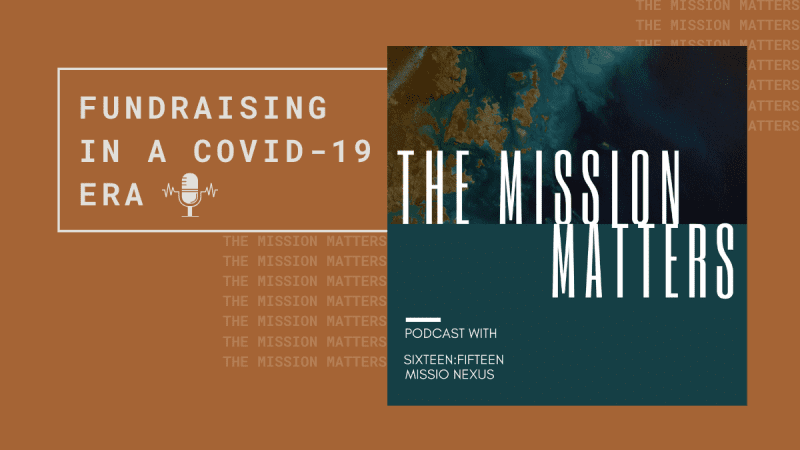Related Articles
In the Right Gear
We met friends at an Indian restaurant. As we munched warm flatbread with these missionaries, they told us how their mission agency was reckoning with looming challenges on several fronts.
Welcoming the Stranger
Presenter: Matthew Soerens, US Director of Church Mobilization, World Relief Description: Refugee and immigration issues have dominated headlines globally recently. While many American Christians view these…
Fundraising in a COVID-19 Era
The Mission Matters is a partnership of Misso Nexus and Sixteen:Fifteen Missions Coaching. Our subject today is Fundraising In a COVID-19 era. Co-Hosts: Ted Esler,…
From Unhealthy Dependency To Local Sustainability
Presented by: Jean A. Johnson, Executive Director of Five Stones Global Description: It takes a great amount of intentionality to create a culture of dignity,…
Spirituality in Cross-Cultural Mission – Embracing the Lifelong Journey
Description: A practical exploration of the different spiritualities we grapple with over a life-time of mission ministry. The spirituality that “gets us there” will soon…




